These three months have been a mixture of lock-down and ‘traffic light freedom’. Consequently, I have not only had a chance to hunker down into reading but also to move back to the cinema. This has been exciting. But it has mainly been reading that has preoccupied me.
BOOKS
I have read some wonderful fiction and non-fiction in the past three months; 13 books in all. I will start with the fiction.
Harlem Shuffle by Colson Whitehead. This is a very enjoyable read. As a reasonably straightforward crime novel, it is much ‘lighter’ than Whitehead’s previous two novels (The Underground Railway and The Nickel Boys) which shone the light on slavery and post-slavery issues. But because this novel is set firmly in Harlem (New York) in the mid 20th century – especially around the famous Harlem Riots of 1964 – it cannot completely avoid post-slavery issues for black Americans. But above all else, it delivers a great plot – involving heists and revenge stories – featuring a complex and very well drawn central character.
Dead Souls by Sam Riviere. Described as a ‘metaphysical mystery’, I should’ve hated this novel. It encompasses many of my bete noirs of fiction writing: the nature of poetry (my least favoured literary form); a setting of the ‘near future’; presented as a chapter-less and even paragraph-less 300 page text. But there was something about it that intrigued me and kept me going. The author adopts a shaggy-dog approach to story-telling – tales emerging from a night of drinking and conversation between London poets – but to me it ends as a sharp and sometimes witty critique of literary life. I admit, however, that its experimental form will not be for everyone.
Silverview by John le Carre. The secret lives of spies – personal and professional – has always fascinated me, and this le Carre novel (published posthumously) does not disappoint. Set largely in East Anglia, it encompasses many of le Carre’s ongoing themes: betrayal; double-crossing; disappointment. But all of this is wrapped into an engaging plot of quirky English characters. Maybe not vintage le Carre, but so nice to be able to ‘properly’ farewell an old friend.
Tenderness by Alison MacLeod. I loved this novel. It is a real book-lover’s book. On the surface, it tells the story of the emergence of DH Lawrence’s Lady Chatterley’s Lover (originally titled ‘Tenderness’) into the world and its subsequent impact on the social and political mores of the 20th century. Part of its story is its astounding impact on mid-century American politics. Full of ‘real’ people and ‘real’ events, it is a beautiful blend of poetic evocation and journalistic rigour. To me, it was a page-turner, especially as it moved through the infamous obscenity trial in 1960.
Crossroads by Jonathan Franzen. I became totally engrossed in this vast family saga. Set in the 1970s amidst the emergence of the counter-culture, it is the backgrounds and relationships between the six main protagonists (a pastor; his wife; their four children) that so engaged me. It is all about the journeys they take between conservatism and radicalism and between Christianity and social activism in their pursuit of happiness and the tensions that lie therein. It is also a very vivid portrait of small town mid-west America in the 1970s. I very much look forward to reading the next episodes of their lives in the next volume.
The Magician by Colm Toibin. This mammoth novel – a fictionalised biography of the German writer Thomas Mann – beautifully blends the epic (the political and social context in which Mann lived through the first half of the 20th century, and how he managed his life during the Weimar Republic, the early days of National Socialism and his subsequent exile to America), the domestic (his marriage to Katia and the rearing of their six disparate children) and, most importantly, the ‘interior’ of Mann’s many novels; namely, how they were influenced by his deeply closeted bisexuality. I now want to read Mann’s novels themselves having explored the emotional basis of his vast fictional output.
Mrs March by Virginia Feito. This taut psychological thriller is a love-child between Alfred Hitchcock and Patricia Highsmith, and the eponymous character’s slow descent into Hell so reminded me of Polanski’s great 60’s thriller Repulsion. I didn’t know this before I began reading this tale of literary New York in the 60s, but soon began wondering: What is happening to this apparently ordinary woman as she starts imagining a life propelled by her famous novelist-husband’s latest work? The final few pages left me aghast, but not surprised in retrospect.
The Pages by Hugo Hamilton. The most extraordinary thing about this enjoyable and imaginative novel is that it is a book itself that serves as narrator. Not just any book – a real book (Rebellion by Joseph Roth) that was saved from the Nazi book-burning in 1933. As the book ‘tells’ its life story, it encompasses the lives of its characters, its author, its original owner and (most importantly) its current owner as she brings the book back from New York to Berlin. It cleverly links the past to the present through tales of the Nazi era and tales of far-right nationalistic politics prevailing in Germany today.
Our Country’s Friends by Gary Shteyngart. This very contemporary novel is a clever blend of the 70’s movie The Big Chill and Chekhov. The Big Chill in that it is about a group of old friends from College (many from immigrant backgrounds) spending extended time together, isolating from the pandemic in a world of privilege. Chekhovian in that the setting is the countryside and the characters’ interactions are a blend of the humorous, the melancholic and the tragic. Hence it seems inevitable that the friends perform scenes from Uncle Vanya toward the end of the novel. But reality is never far away – Covid dominates, as do contemporary politics. This is 2020 America after all. A novel of and for today.
The Anomaly by Herve Le Tellier. I chose to read this novel because it had won France’s top literary prize (Prix Goncourt) and although I had expected to admire it, I hadn’t actually expected to enjoy it. it had been described as ‘speculative fiction exploring the nature of reality’. But in the end I both admired it (for its reasonably accessible ideas and its taut story-telling) and enjoyed it. Its tale of an Air France jet and its 243 passengers experiencing near-calamity in a mid-Atlantic flight is told almost in thriller style and had me speculating until the end: What really had happened to generate two identical versions of the same objects and the same people?
In addition, I read (and thoroughly enjoyed) three non-fiction texts, all connected to ‘the arts’:
Tastes of Honey: The Making of Shelagh Delaney and a Cultural Revolution by Selina Todd. I first encountered Shelagh Delaney’s play A Taste of Honey at age 15. Even in provincial New Zealand, I had heard of this working-class girl from Salford who had written (at the age of 18) a confronting kitchen-sink drama that had both shocked the theatrical world and taken it by storm. So I was overjoyed to see a production at our local amateur dramatic society and it has stayed with me forever, both as a play and a film. I knew little about the playwright so have revelled in finding all about her life, her work, and the social and political context in which she grew up and worked. Very resonant for someone interested in working-class history.
Mike Nichols: A Life by Mark Harris. I have known of the movies of director Mike Nichols since becoming hooked on his first films Who’s Afraid of Virginia Woolf and The Graduate in the 60s, and have always admired him as a creative force. So it was a delight to read this very detailed and readable account of his life not only as a film director but also as an actor, a writer and a stage director. From his birth in Germany and subsequent escape from Nazism in the early 1930s to his sudden death in 2014, Nichols lived the richest of theatrical lives. Anyone who counts Meryl Streep, Stephen Sondheim, Emma Thompson, Tom Hanks and playwright Neil Simons amongst his closest friends is going to be interesting to read about.
Life As a Novel: A Biography of Maurice Shadbolt Volume Two 1973-2004 by Philip Temple. What a joy to have read and devoured this second volume of Shadbolt’s life. This covers the period that I was peripherally connected to Shadbolt (as an avid reader, a student of New Zealand literature and a brief acquaintance) and Temple brings the man, his work, and the social context in which he lived and worked to life with thoroughness, insight and compassion. This is the man – both his attributes and foibles – that I remember. I particularly appreciate the epilogue in which Temple firmly and clearly re-asserts Maurice’s place as both a formidable story-teller and a distinguished man of letters within the canon of New Zealand literature.
MY NOVELS OF 2021
As ‘runners up’, the following list of novels also impressed me greatly with their blends of excellent story-telling and high artistry:
Two other very different novels have stayed with me strongly for their imaginative power and quirkiness: Piranesi by Susanna Clarke and Who They Was by Gabriel Krauze. |
MOVIES
With Auckland cinemas closed August-December, I missed movie-going hugely. But when they re-opened in mid-December, I returned with glee and utter delight. Whether viewed on the big screen or on the home screen, movies I have revelled in over the past few months have included:
West Side Story: I thought that this Stephen Spielberg re-make of the original classic (which has always been one of my favourite films) was even better than the original. The singing and dancing took my breath away and the story finally made sense.
The Power of the Dog: I had to watch this beautifully made Jane Campion movie twice to pick up what are arguably its many dramatic nuances. But pick them up I did and I found this movie to be powerful and moving.
The French Dispatch: I have always loved Wes Anderson movies and this one did not disappoint me. Fast moving, quirky, beautiful to look at and fabulously acted.
The Hand of God: This Italian film – a boy’s coming-of-age story based on real-life – is an absolute gem and I highly recommend it. Its characters are so vibrant and its plot is so engaging with its comedic highs and tragic lows. It’s for those of us who loved Fellini movies in the 60s, 70s and 80s.
The Tragedy of Macbeth: This pared-down film of the Shakespeare tragedy is a version of Macbeth. Paring-down of the script means that the emphasis is more on plot than emotional nuance but the journeys that all main characters experience is still clear and vivid. Beautiful to look at in black-and-white.
Nightmare Alley: This is a re-make of a film noir from the 40s, set amongst con-men from a carnival background. After a sluggish start, I found it totally engrossing as it got increasingly darker and darker. Cate Blanchett is a stand-out as a cool villain.
Tick, Tick…. Boom: If you like musicals, you’ll love this movie. Telling the real-life story of the writer/ composer of the hit musical Rent, it features the fabulous Andrew Garfield in a role he was born to play as he struggles to get his musical staged. Incidentally, it features the great Broadway composer Stephen Sondheim in its plotline who very sadly died just as this movie was being released.
Incidentally, I also viewed The Lost Daughter (with Olivia Coleman) in the time-period but this film did not engage me as it did others. I have friends who describe it as ‘brilliant’; I unfortunately felt little for the main character as she explored moments of supposed anguish.
HOME-VIEWING
We are all looking for the next big series on Netflix or TV On Demand or Neon or Amazon Prime or Disney Plus. Of the many series I watched over the lockdown period, the following stood out for me:
Trapped: Two series of Scandi-noir set in Iceland, each involving the solving of gruesome crimes by very quirky detectives. It reminded me of the Fargo series which I loved. I had to learn to allocate myself no more than two episodes per night.
The Chestnut Man: Another Scandi-noir series, set in Sweden this time. Involving abuse and politics and more gruesome crimes solved by very clever detectives. Again, very engrossing.
The Club: Having spent time in Istanbul, I was intrigued to follow the antics of shady night-club characters in Istanbul during the mid 20th century. Not high art, but very enjoyable.
The Defeated: This series, set in Berlin straight after the war, had me on the edge of my seat. Involving spies, con-men, murderers and thugs, this very dramatic series has everything and is very entertaining.
Get Back: This 8-hour long documentary of the Beatles final few weeks together as a group (culminating in the famous rooftop concert) is amazing. Peter Jackson has done an incredible job of restoring and editing lost footage and one sees the Beatles for who they ‘really are’ as they move through the composing process. I doubted whether I could last 8 hours of viewing (over several nights) but I just found the interactions between them so interesting. It certainly makes me see Paul in a different light.
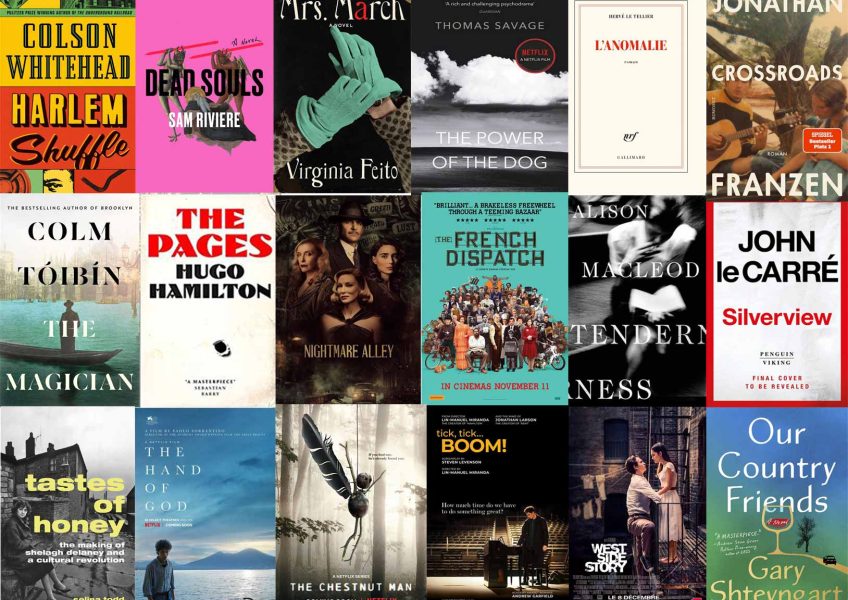
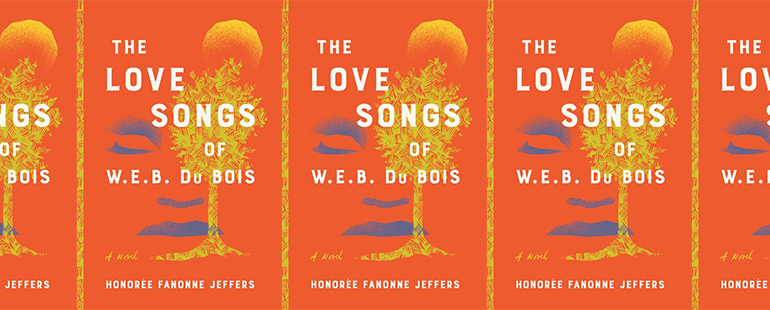
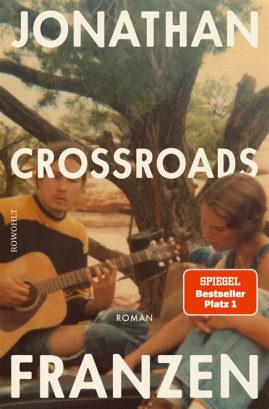
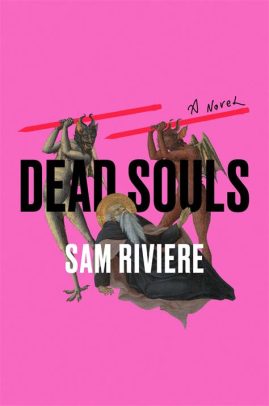
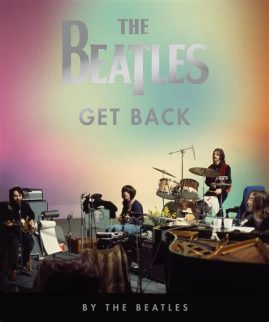
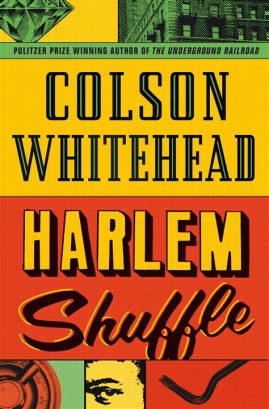
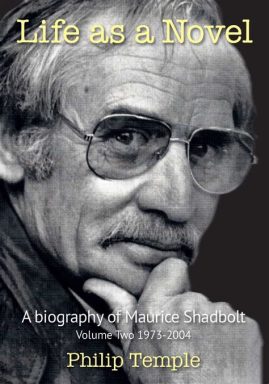
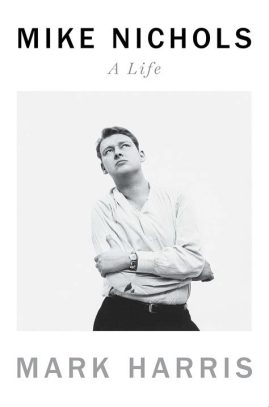
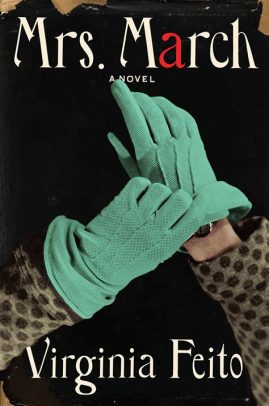
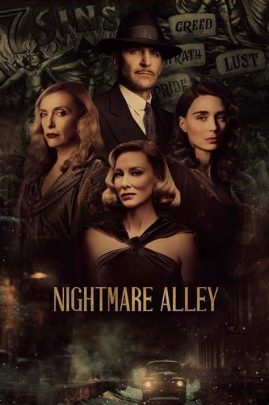
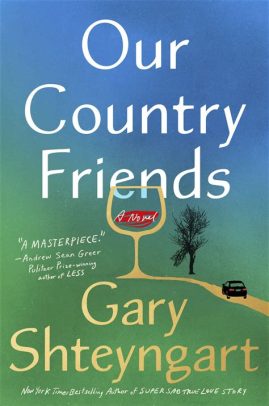
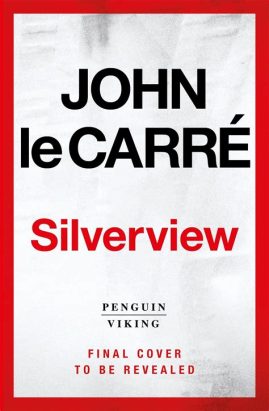
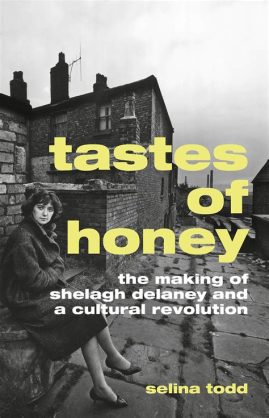
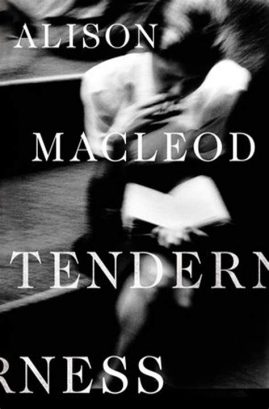
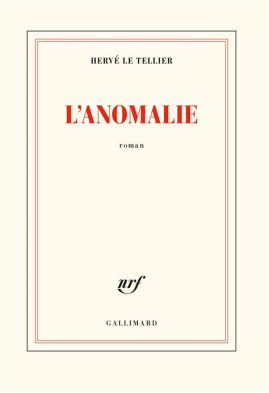
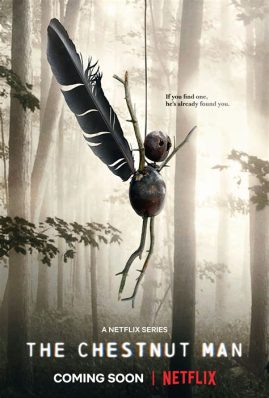
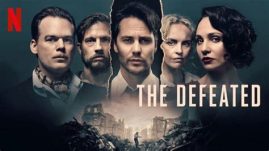
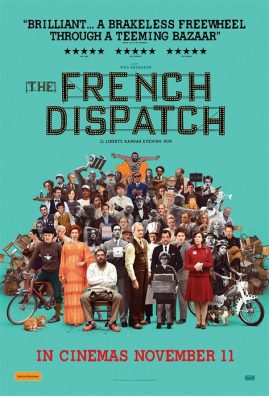
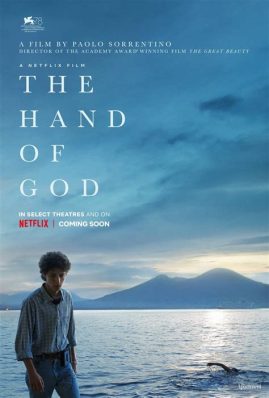
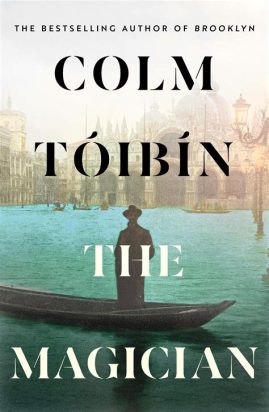
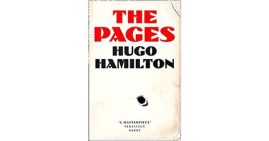
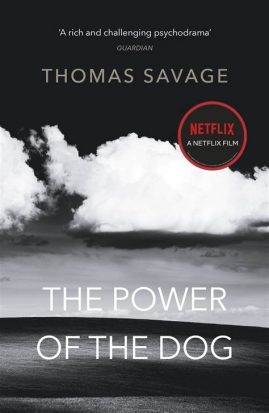
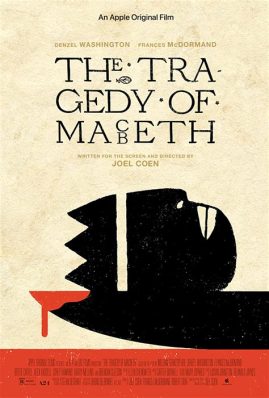
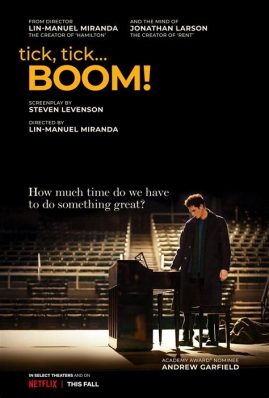
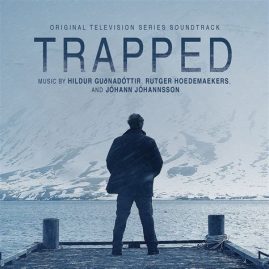
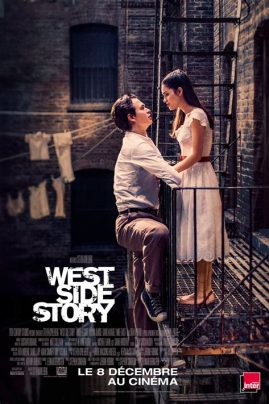
Alan
I love your Arts pages, although I’m always left feeling a bit inadequate after seeing the enormous volume of books you get through. We’ve done better with movies and TV however, and have seen and enjoyed almost everything on your list. Thank you for your recommendation of Great Circle by Maggie Shipstead and Leave The World Behind by Rumaan Alam, both of which I loved and wouldn’t have heard of otherwise. Have you caught “Drive My Car” yet – we loved it and you’ll get a lot of Uncle Vanya in that as well.
Admin Sol
Kia ora Alan. Thanks for your comments and suggestion – we’ll check them out 😉